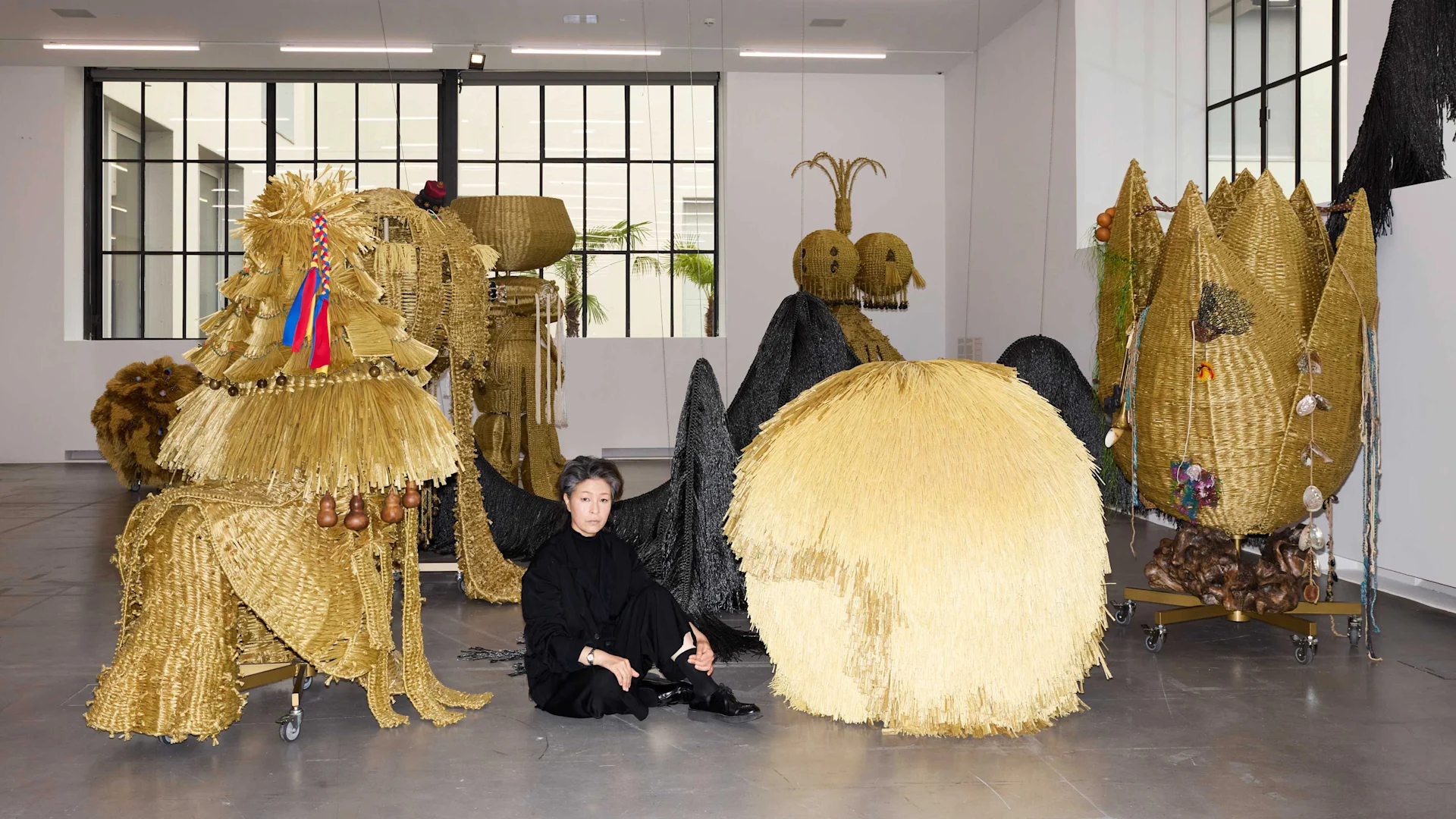
Migros Museum
World-famous artist
Korean installation artist Haegue Yang is coming to the Migros Museum in Zurich with a solo exhibition.
navigation

GDI
Women are having much fewer children and many marriages are ending in divorce: what will the family of the future look like? Five theories.
The birth rate has been falling steadily in all affluent countries since 1950. In Switzerland, women are having 1.4 children on average. This is due to a change in society and values. In the past, giving birth was a milestone that women especially had to achieve.
Since women have become better educated and more financially independent, children are no longer the sole defining purpose of their lives. “While children used to be an essential part of financial security, they’re more of a financial burden today,” says Petra Tipaldi, author of the GDI study “Unbundling the Family”.
While two-thirds of young women and men aged between 20 and 29 would like to have children, a good job matters much more to them. “Almost 90% of people think that job satisfaction is a key part of a fulfilling life. Achieving this can take time, as completing further educations, changing jobs and even relocating may be needed. Having children is then put on the back burner,” says Tipaldi.
So is the notion of family disappearing? “The traditional family made up of a father, mother and two children will no longer be the norm in the future. The notion of family is becoming broader and more open. There will be more families with one child, more single parents, more families with several carers, more patchwork and rainbow families, and people without children who regard themselves as a family.”
People will continue to feel the fundamental need for close relationships. And that will continue to play a key role in children’s lives in future, ensuring they are well cared for as they grow up. However, the number of relatives is falling as the birth rate dwindles. “This means that in future, more and more people will be considered part of your family who weren’t in the past,” explains Tipaldi.
Today, 31% of survey respondents indicate that they already consider close friends as family. In turn, almost 50% of people consider marriage to be an outdated institution. Today, marriage governs joint custody of children.
The traditional family made up of a father, mother and two children will no longer be the norm in the future.
Tipaldi adds: “Different lifestyles require greater flexibility in terms of legal regulations. It’s not just about financial obligations or inheritance, but also aspects like visiting rights in hospital in the event of an accident.”
Parents, especially those with younger children, often feel stressed. 34% of survey respondents say they feel as though they can’t meet the needs of their family. Everything falls on their shoulders all at once during the busiest time of life: pressure at work and intensive childcare. The study reveals younger respondents are much more open to outsourcing family-related and household tasks.
However, that would require the provision of more services: more affordable and flexible childcare options, greater state support for families, innovative career development programmes and support for family planning from companies. “This would make it easier to reconcile a career and family life,” explains Tipaldi.
Skilled labour will be in even shorter supply over the coming decades as the birth rate declines. That’s putting companies under even greater pressure to retain staff and attract talent. There are already some companies willing to provide financial support for egg cells to be frozen.
“That may be one of many different approaches. However, it doesn’t help people to reconcile having a family life and a career if having children is pushed further back in life.”
According to the study, digitalisation has played a minor role in everyday life so far. This could all change with the development of artificial intelligence. An avatar in a virtual classroom could be developed to help children with their homework. AI may also improve the efficiency of doing household chores.
But Tipaldi says: “I’d warn against expecting too much from AI in terms of relieving pressure. If we consider how technology has influenced our lives so far, while it does make many things easier and increases productivity, it also creates more stress in turn. This was the conclusion of another study we conducted.”
Today, 46% of respondents are already sharing their childcare responsibilities evenly. Many women are working. However, the disappearance of the breadwinner-housewife model isn’t inevitable, remarks Tipaldi.
“In future, many lifestyles and family models will be accepted and coexist. But social change takes time,” the expert points out. Emancipation has resulted in huge progress, but the ideal of a good mother is strongly enshrined in society and continues to place a great deal of pressure on women.
We have been committed to society and culture for more than 80 years . Explore our wide range of activities and be inspired.